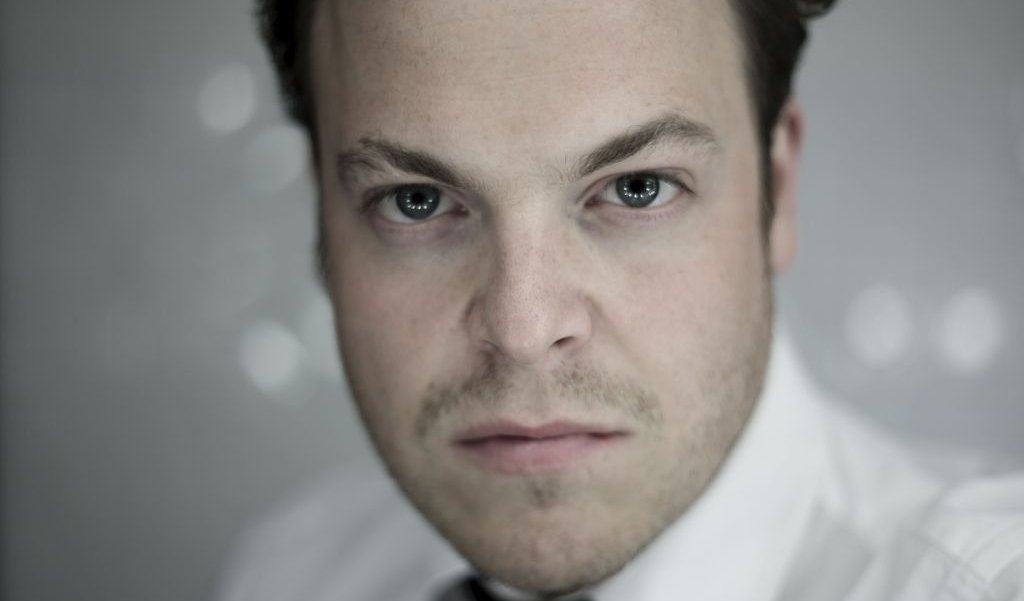
Program
Featuring
Other information
The event is about 2.5 hours long.
About the event
The Bridging Europe festival brings music from England, Wales and Scotland through the works of Haydn, Britten and MacMillan. Haydn, much admired in London, composed the march in honor of the Prince of Wales, successor to the British throne. Britten’s Serenade set poems by famous English poets including Tennyson, Blake and Keats to music. James MacMillan’s piece is reminiscent of Scottish folk dances, while Haydn’s last symphony was created in London, giving it its name. All this exemplifies the cultural diversity and inclusion that has always characterized the United Kingdom. The songs in Serenade are performed by British tenor Andrew Staples, a former student of Dietrich Fischer-Dieskau.
The concert opens with jubilant fanfares. Every once in a while, Haydn composed a new piece to dazzle the British royal family. His March was originally composed for brass instruments in 1792. The same year, he revised his piece for the annual charity concert of the (still active) Royal Society of Musicians by adding a string section and timpani.
Britten‘s two works featured in today’s concert is strikingly different in character. At the age of 20, the composer decided to elaborate his eight dance themes written by him as a child. He arranged them into pairs, and the four-movement Simple Symphony, composed for strings, dedicated to his viola teacher was born. The titles of the movements are invariably alliterative: Boisterous Bourrée, Playful Pizzicato, Sentimental Sarabande and Frolicsome Finale.
The Serenade explores a much-admired, though at the same time also feared trope—the night. The theme of the Prologue, performed by the horn alone, emerges off-stage in the Epilogue, framing settings of six poems by British poets. “Pastoral,” “Nocturne,” “Elegy,” “Dirge,” “Hymn,” and “Sonnet” each present different aspects of night.
The most recent piece featured in the concert is Cumnock Fair, premiered in 1999. It takes its title from a sprightly Scottish dance and was commissioned by the prestigious Cumnock Music Club for its Golden Jubilee concert. The work, scored for piano and string orchestra, is based on dance melodies by an 18th-century composer from Cumnock, John French. Though archaizing in style, it is an unquestionably contemporary piece of music.
“The new symphony in D major is the last I’ve composed for England” Haydn wrote in his notebook in 1795, perhaps suspecting that this might have been his final symphony, which encapsulates his entire life. The first movement linking the slow introduction and fast main section, the uncluttered middle movements and the finale featuring a folksong-like melody with horn accompaniment are a fitting conclusion to the composer’s symphonic oeuvre.
Did you know? Haydn’s piece was composed in 1792, Britten’s Simple Symphony and Serenade premiered in Norwich, on March 6, 1934 and in London on October 5, 1943, respectively (the former conducted by the composer, the latter by Walter Goehr), MacMillan’s composition was first performed in Ayrshire on 23 March 1999 conducted by the composer; the Festival Orchestra last played Britten’s Interludes in Budapest on November 11, 2006 (conductor: Oliver Knussen) and his Serenade in Budapest on February 25, 1996 (featuring Hans Peter Blochwitz and Miklós Nagy and conducted by Iván Fischer), and will be performing the other two works now for the first time.
Contemporary events on August 10, 1792, the Parisian crowd stormed the Tuileries Palace ending the nominal power of Louis XVI / The Secret Marriage, the opera buffa of Italian composer Domenico Cimarosa was performed in Vienna in 1792 / I, Claudius, the historical novel by English writer Robert Graves was published in 1934 / Austrian-English philosopher Karl Popper published his book entitled The Logic of Scientific Discovery in 1934 / on February 2, 1943, the Soviet Army won a decisive victory over the Axis powers / French philosopher Jean-Paul Sartre’s Being and Nothingness appeared in 1943 / The Queen’s Necklace, a novel by Hungarian writer Antal Szerb was published in 1943 / German writer Günter Grass was awarded the 1999 Noble Prize in Literature /on March 12 1999, the Czech Republic, Poland and Hungary joined NATO
Bridging Europe festival is the joint production of the Budapest Festival Orchestra and Müpa Budapest.
Dear Audience members, because of our security rules, instead of Benjamin Britten’s Four Sea Interludes from Peter Grimes we perform Simple Symphony. Thank you for your understanding!